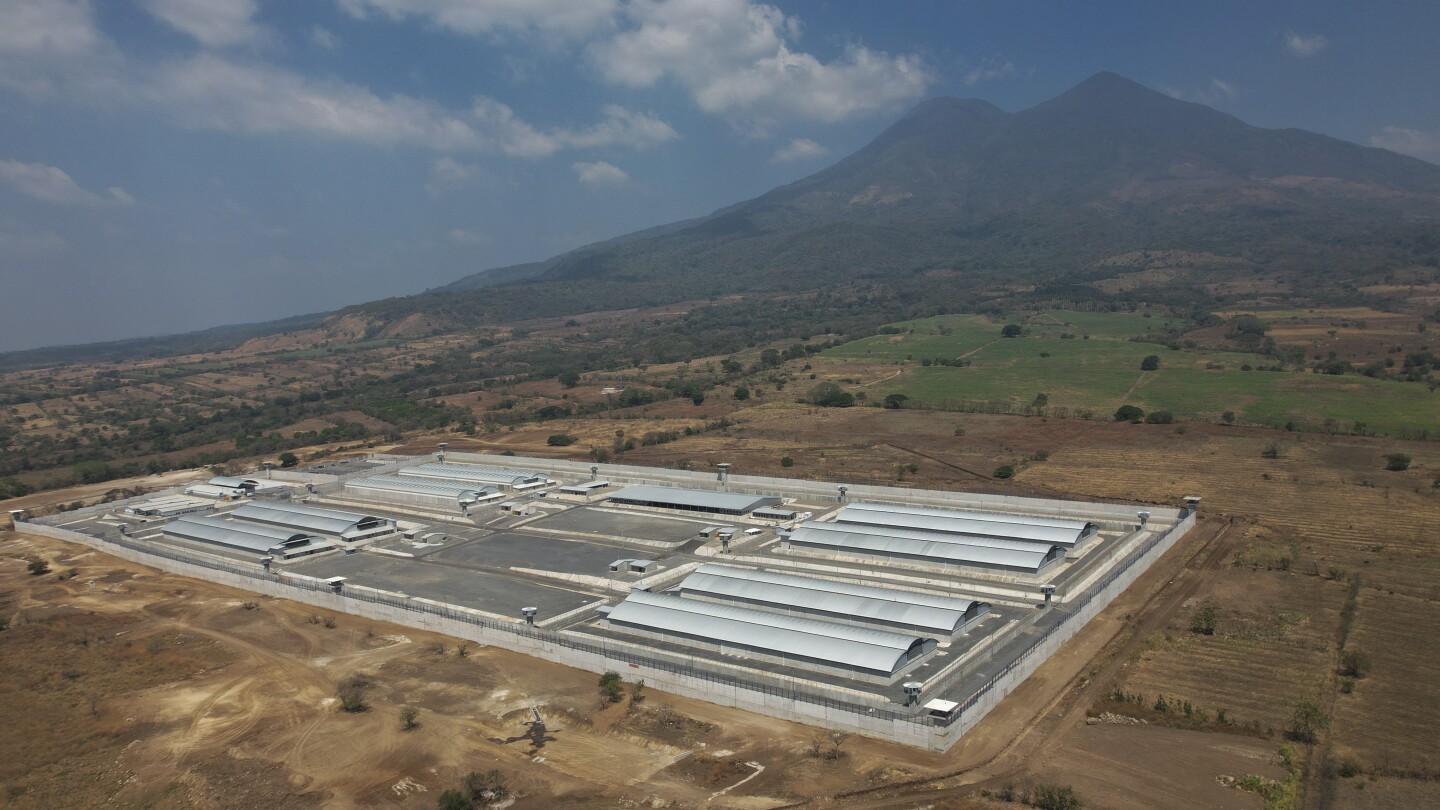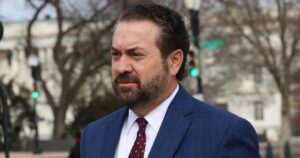In a legal battle capturing national attention, the Justice Department is pushing back against a federal judge’s requirement for detailed information about flights deporting individuals to El Salvador. The department argues that this demand encroaches on the executive branch’s authority, particularly concerning national security and foreign policy.
Recently, the conflict escalated between the Trump administration and U.S. District Judge James E. Boasberg, who had halted deportations based on an 18th-century wartime law. This move by the judge has prompted President Donald Trump to call for his impeachment, amidst ongoing judicial challenges to his executive orders.
Judge Boasberg, appointed by former President Barack Obama, mandated that the administration disclose details about the deportation flights, including times and numbers of deportees, under sealed conditions to protect the information from public disclosure. However, the Justice Department is arguing that such inquiries infringe on the executive’s domain. They suggest the court’s actions are “grave encroachments” and are considering invoking the “state secrets privilege” to potentially withhold certain information.
An image of the controversial mega-prison in El Salvador, where deportees are held, underscores the gravity of the situation.
The judge has expressed concern that the administration may have disregarded his orders to return flights already en route to El Salvador, where deportees face detention. In response, the Justice Department argues that the judiciary’s perception of its superiority over the executive branch, especially in foreign affairs, is unfounded. They emphasize the co-equal nature of the branches and request the court cease its interventions.
Judge Boasberg, in turn, has given the administration a deadline to provide the requested details or justify withholding them as “state secrets.” He refutes the suggestion that his request constitutes a “judicial fishing expedition,” highlighting the need to determine whether the administration deliberately defied his orders.
In a separate note, El Salvador’s President Nayib Bukele acknowledged the arrival of the deportees with a social media post, “Oopsie…too late,” indicating the rapid execution of the deportation despite U.S. judicial intervention.
The White House has clarified that approximately 261 individuals were deported, with 137 subjected to the 1798 law. This information was shared during a briefing by White House Press Secretary Karoline Leavitt. Nevertheless, the administration has provided limited disclosure on the deportees and invoked national security concerns to justify its stance.
Images of protests and personal stories, such as that of Jasmin Ramirez holding a photo of her son at a rally, humanize the broader political and legal issues at play.






